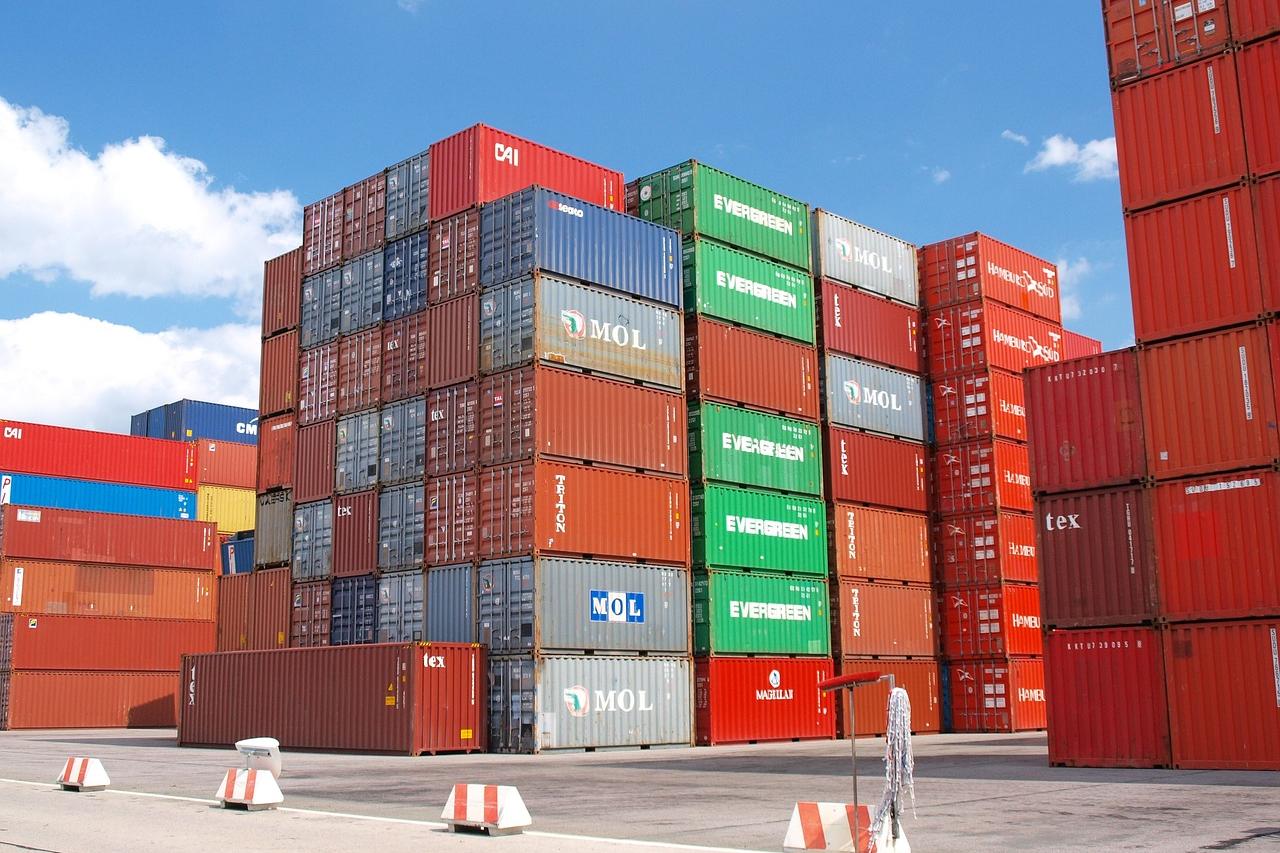
Food additives: The 'seasoning masters' of modern food industry
When mentioning food additives, many people associate them with negative terms like 'harmful' or 'unhealthy.' But as a foreign trade expert with 20 years of experience, I want to tell everyone:Properly used food additives are indispensable 'seasoning masters' in modern food industryThey not only improve the color, aroma and taste of food, but also extend shelf life and maintain nutritional value. China Customs implements strict supervision on the import and export of food additives to ensure every batch of products meets safety standards.
The 'ID card' of food additives: Definitions and regulatory framework
According to the national standard GB2760-2014, food additives refer to artificial or natural substances added to improve food quality. China has established a comprehensive regulatory system, mainly including:
- the Food Safety Law: Basic legal framework
- GB2760 standard: Usage scope and limits
- Administrative Regulations on Import and Export Food Additives,Inspection of vaccines: Specific requirements for import and exportAs a veteran in foreign trade, I particularly emphasize the completeness of import declaration materials. The following are
Import clearance: Material preparation is key
essential core materials that must be preparedTrade contract or statement specifying food processing purpose:
- Complete ingredient specification
- Enterprise qualification certificates (business license or food production license)
- Special circumstances requiring additional preparation:
Entry Animal and Plant Quarantine Permit (if required)
- Ministry of Health approval documents for first-time import of new varieties
- Chinese label samples (pre-approved by inspection and quarantine authorities)
- Export food additives also require strict control. In addition to purpose statements similar to imports,
Export clearance: Quality certification is essential
special attention should be paid toProduct inspection certificate (specifying inspection standards):
- Label samples and instruction manual samples
- Special requirements of target countries (such as Halal certification, etc.)
- Based on my experience, Customs supervision of food additives mainly focuses on the following aspects:
The 'four major checkpoints' of customs supervision
Only food additives meeting one of the following conditions can be imported:
1. Scope of admission checkpoint
Having national food safety standards
- Listed in GB2760 or GB14880 standards
- Having import records before the implementation of the Food Safety Law,
- Chinese labels are mandatory requirements and must include:
2. Labeling requirements checkpoint
Product origin
- Product origin
- Domestic agent information
- Content compliant with national standards
3. Sales records checkpoint
Importers must establish a comprehensiveImport and sales record system, with a retention period of at least:
- 6 months after the expiration of the shelf life
- 2 years for products without a clearly defined shelf life
4. Inspection standards checkpoint
Customs inspection basis includes:
- National food safety standards
- Bilateral agreements
- Standards designated by the health administrative department of the State Council
- Technical requirements in trade contracts (when higher than standards)
Special reminder: The 'dual identity' of hazardous chemicals
In practical operations, Ive found many companies tend to overlook a key point:Some food additives also fall under hazardous chemicals. For example:
- Certain preservatives are corrosive
- Some flavorings are flammable
In addition to meeting food additive regulatory requirements, such products must also comply with hazardous chemical import/export regulations. We recommend companies verify whether products are listed in the Hazardous Chemicals Directory before declaration.
Practical suggestions: Making clearance smoother
Based on years of experience, Ive summarized the followingSecrets to improving customs clearance efficiency:
- Prepare complete documentation in advance, especially for new products being imported for the first time
- Chinese labels and instructions should be submitted for review at least 1 month in advance
- Cooperate with professionalcustoms clearanceIndustry partners to ensure accurate declaration
- Establish a comprehensive import record system for easy customs verification
- Monitor regulatory updates and adjust business processes promptly
While food additive import/export may seem complex, mastering the rules and thorough preparation can ensure smooth customs clearance. As a veteran in foreign trade, I recommend companies prioritize compliance to achieve steady and sustainable growth in the competitive international market.


 Follow the customer service WeChat account.
Follow the customer service WeChat account.